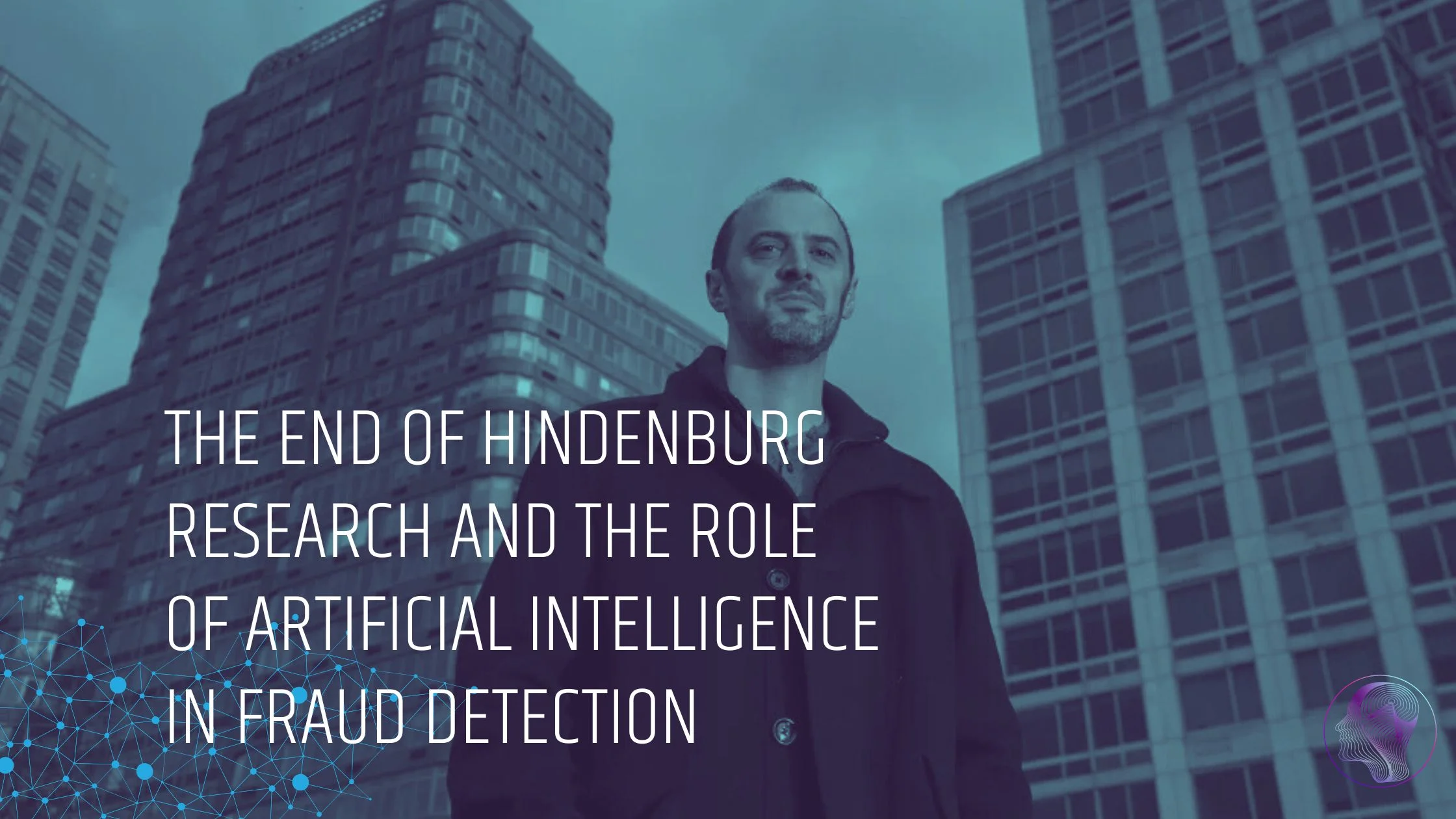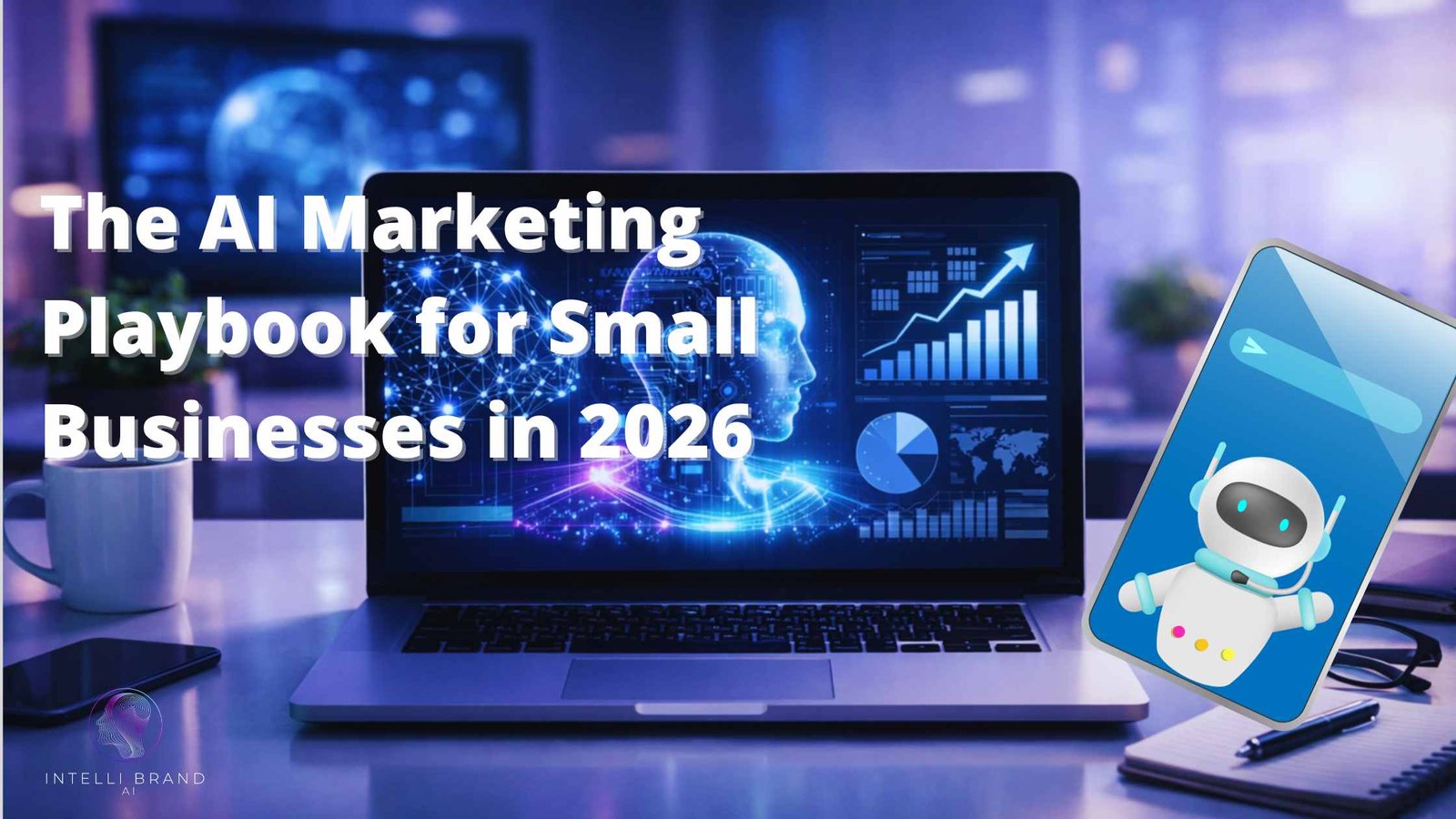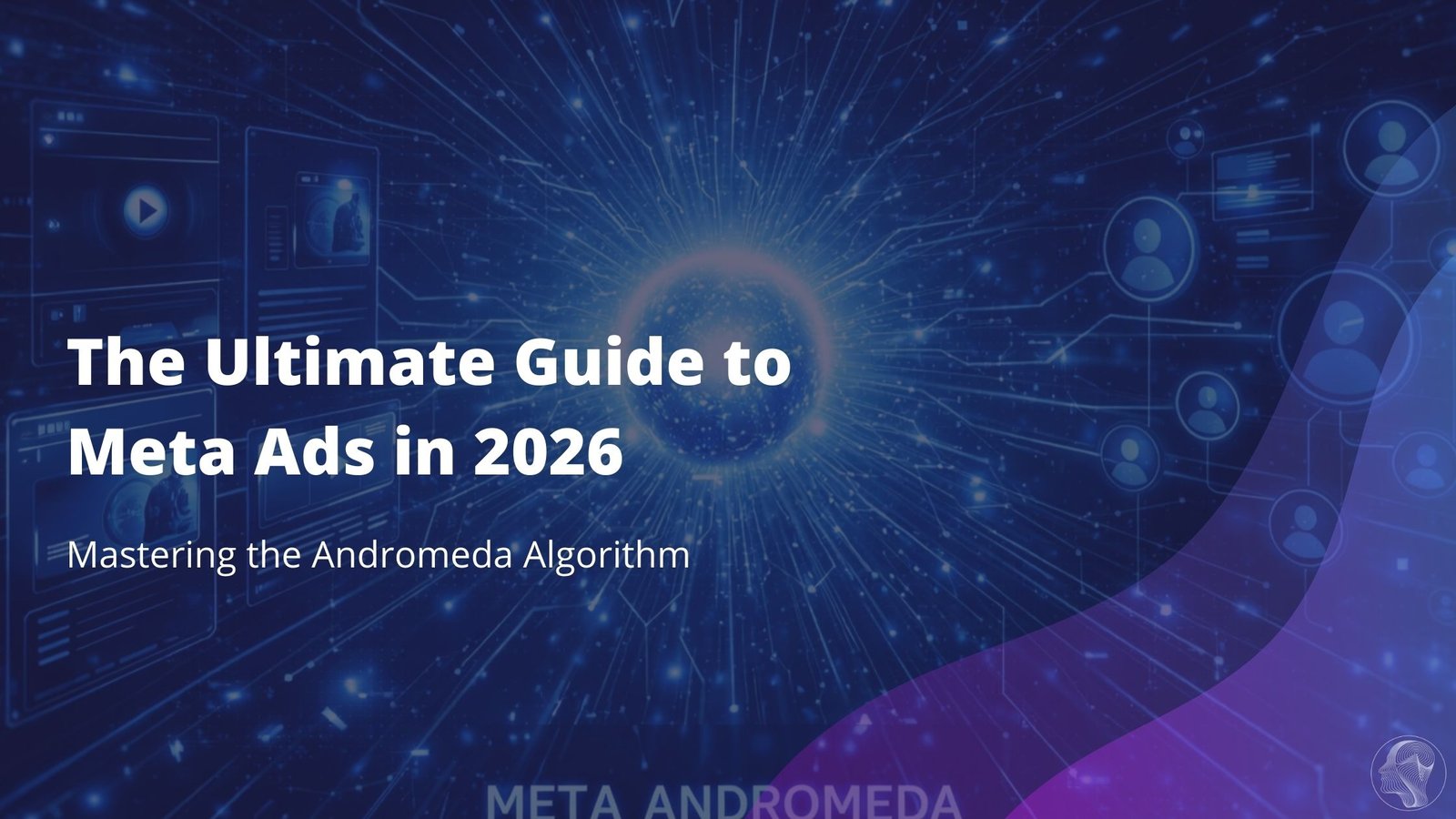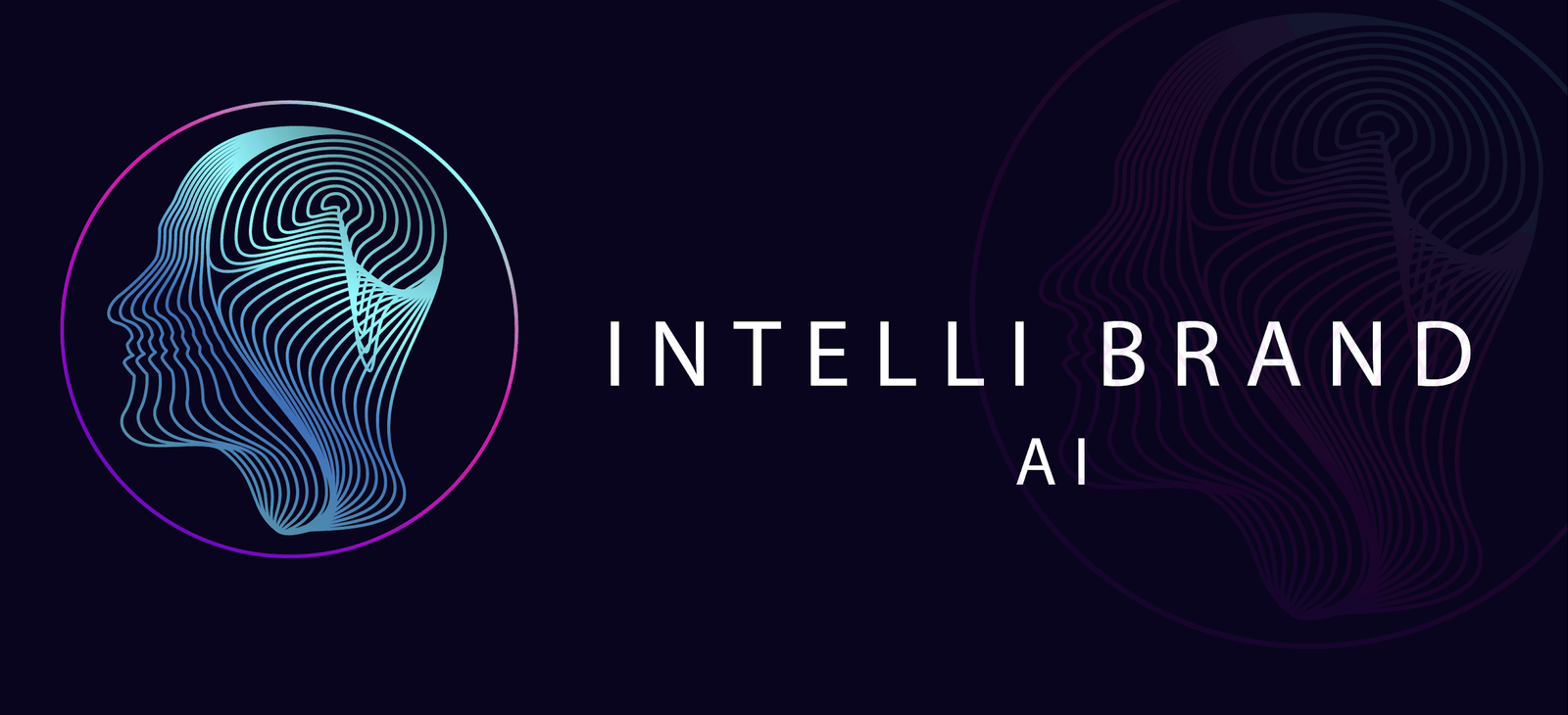Hindenburg Research, a firm that became synonymous with uncovering corporate fraud and financial irregularities, has officially announced its closure. Founded by Nate Anderson in 2017, the firm gained national recognition for its high-profile reports exposing malpractice in companies like Nikola (NKLA), Super Micro Computer (SMCI), and SmileDirectClub. Over the years, Hindenburg’s investigations have had significant repercussions, leading to executive resignations, criminal charges, and substantial losses for companies implicated in their findings.

In a statement shared on January 15, 2025, Anderson revealed that the decision to wind down operations had been in the works since late 2024. “The plan has been to wind up after we finished the pipeline of ideas we were working on,” Anderson noted. “And as of the last Ponzi cases we just completed and are sharing with regulators, that day is today.”
Among Hindenburg’s many accomplishments, the firm’s 2020 exposé of Nikola stands out. The report revealed deceptive practices, including a staged demonstration of its electric semi-truck prototype, which was later proven to have been rolled downhill rather than operating under its own power. The fallout from this investigation culminated in Nikola’s founder and CEO, Trevor Milton, receiving a four-year prison sentence for misleading investors (source).
Hindenburg’s impact extended beyond Nikola. In 2023, the firm scrutinized Indian conglomerate Adani and Carl Icahn’s Icahn Enterprises, taking on some of the world’s most powerful investors. Their findings often led to financial losses for the targeted companies and forced regulatory reviews, solidifying Hindenburg’s reputation as a relentless watchdog of corporate integrity.
Table of Contents
ToggleOpen-Sourcing the Model for Future Investigators
Anderson’s parting gesture includes a commitment to transparency and knowledge-sharing. He plans to release materials and videos detailing the firm’s investigative processes. “My hope is that in a couple of years, someone who embraces the same passion will learn the craft and shed light on subjects that need it,” he wrote.
This initiative raises intriguing questions about the future of fraud detection and the potential role of technology—particularly artificial intelligence (AI)—in carrying forward Hindenburg’s legacy.
Artificial Intelligence: The Next Frontier in Fraud Detection
As Hindenburg Research exits the stage, the capabilities of AI offer a promising avenue for uncovering financial fraud. Modern AI systems excel at analyzing massive datasets, identifying anomalies, and detecting patterns that might escape human scrutiny. Here are several ways AI could transform the field:
- Data Analysis at Scale: AI algorithms can process vast amounts of financial data from public records, earnings reports, and market activity. By comparing expected patterns with actual performance, these tools can identify discrepancies suggestive of fraudulent activity. For example, IBM Watson has already demonstrated success in fraud prevention.
- Natural Language Processing (NLP): NLP enables AI to sift through corporate communications, social media posts, and regulatory filings to detect inconsistencies or misleading statements. This capability mirrors Hindenburg’s approach of dissecting public claims to expose falsehoods.
- Predictive Analytics: By learning from historical cases of fraud, AI systems can predict which companies or sectors are most likely to engage in unethical practices. This could focus investigative efforts and make fraud detection more proactive (Deloitte’s AI-based solutions offer insights here).
- Automated Reporting: AI could also streamline the production of reports similar to those Hindenburg published. Tools like generative AI can draft detailed analyses based on flagged irregularities, making the dissemination of findings more efficient.
Balancing Automation with Human Insight
While AI offers unparalleled efficiency and scale, it cannot fully replace the human judgment and intuition that defined Hindenburg’s success. The nuanced interpretation of findings and the courage to challenge powerful entities require qualities beyond the reach of algorithms.
However, a hybrid approach—combining AI’s computational prowess with human expertise—could carry forward Hindenburg’s mission. Aspiring investigators could leverage AI to enhance their capabilities, allowing them to focus on high-impact areas and navigate complex cases with greater confidence.
Conclusion
The closure of Hindenburg Research marks the end of an era in corporate accountability, but it also paves the way for innovation in fraud detection. As Nate Anderson’s vision inspires a new generation of investigators, artificial intelligence stands ready to play a pivotal role in continuing the fight against financial malpractice. By embracing AI-driven tools, the next wave of fraud detectors could achieve even greater transparency and justice in the corporate world.
Looking to Optimize Your Fraud Detection Strategies?

At Intelli Brand AI, we offer cutting-edge solutions tailored to help businesses and investigators leverage artificial intelligence for fraud detection, data analysis, and strategic insights. Whether you’re looking to enhance your processes or navigate complex challenges, our team is here to guide you every step of the way.
Learn more about our services or contact us today to schedule a consultation and discover how we can support your goals.








